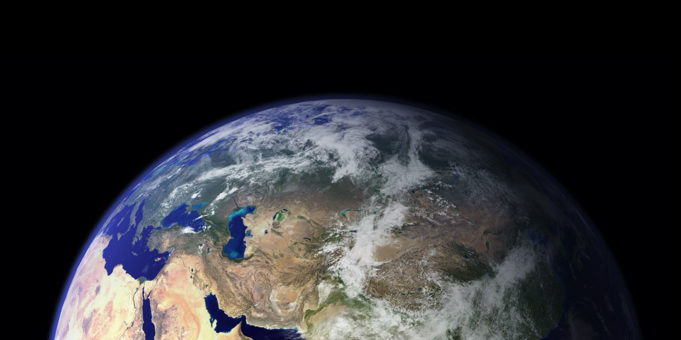Plastic pollution has increased over the last 30 years and now presents as a global problem that requires collective action to solve. Plastic has become so abundant it is constantly all around us — in our homes, schools, workplaces, and even our natural spaces.
Currently, only 9% of plastic all plastic consumed is being recycled, with the rest ending up in landfills or the environment. Plastic’s chemical composition makes it unable to fully decompose, causing pollution to build up and creating problems for our planet and human health. If we keep using plastic at this rate, our planet will suffer.
Plastic pollution is one of the most fundamental issues threatening the health of humans, animals, and ecosystems worldwide. Micro-plastics are found everywhere, from mountaintops to the deepest oceans – and even inside our bodies. Unfortunately, addressing the crisis is beyond the ability of any single country, and despite the growing global consensus, no multilateral efforts have existed to combat this issue until now.
The United Nations Environment Programme completed the first session of the Intergovernmental Negotiating Committee (INC-1) to develop an international legally binding instrument on plastic pollution in late November 2022. INC-1 worked to set up the framework behind a global plastics treaty and how to proceed until its completion by the end of 2024. Sign the EARTHDAY.ORG petition to call on governments to:
- negotiate a new legally binding global instrument on plastic pollution, including measures along the entire life cycle of plastic;
- promote a circular economy action plan and ban single-use plastic;
- establish National Action Plans to prevent litter/plastics from entering our rivers and oceans; and
- enhance investment planning and stimulate innovation to prevent plastic from entering any ecosystem.


Recently on Twitter